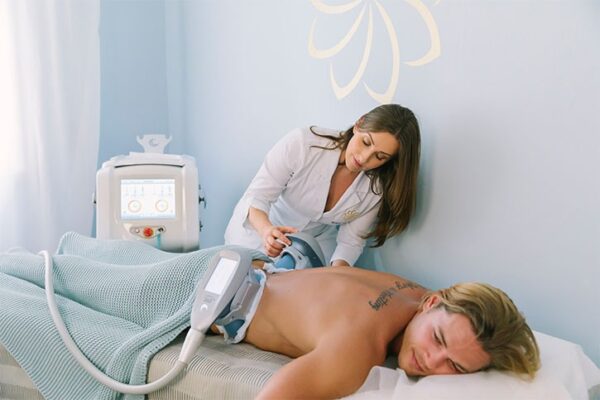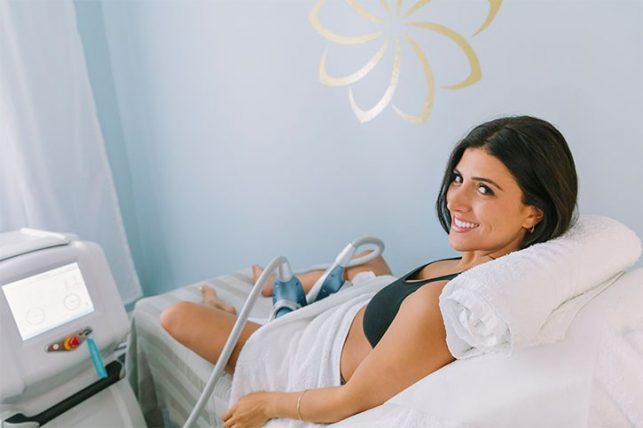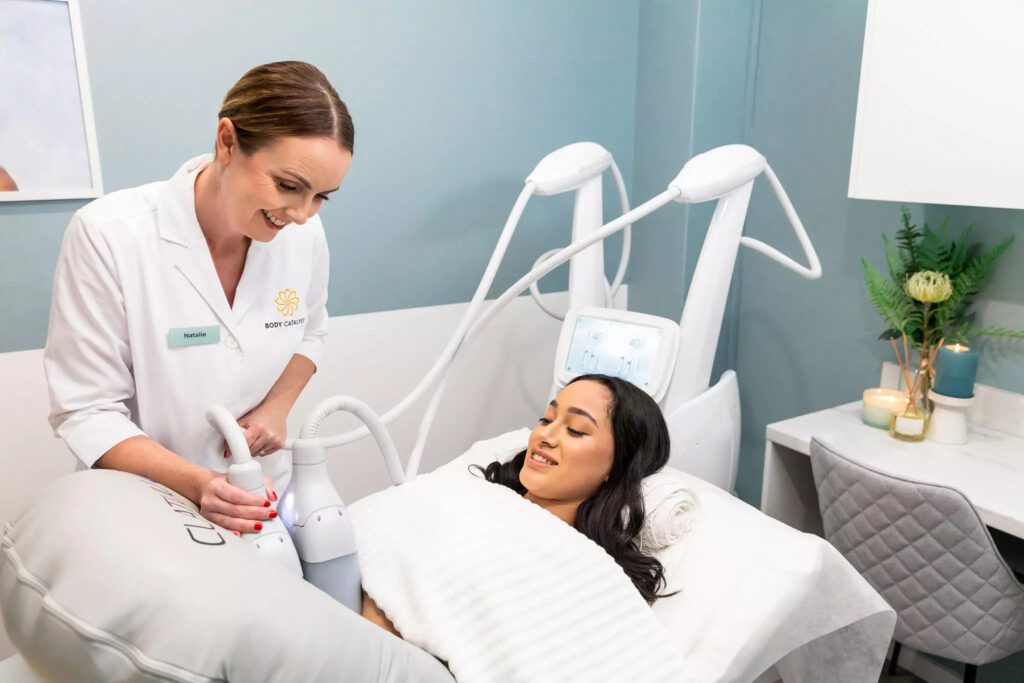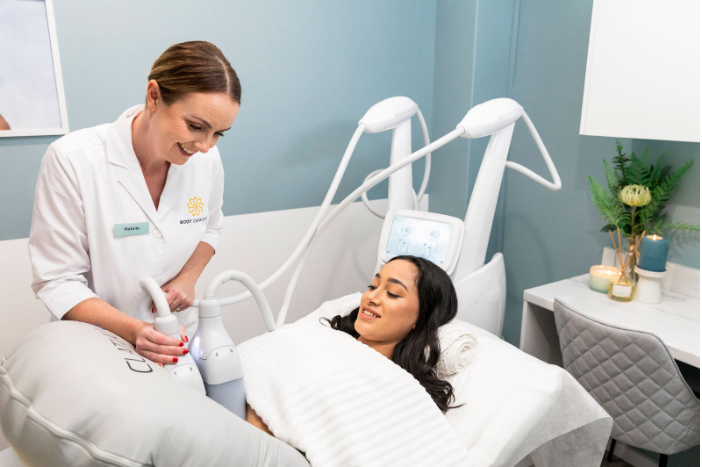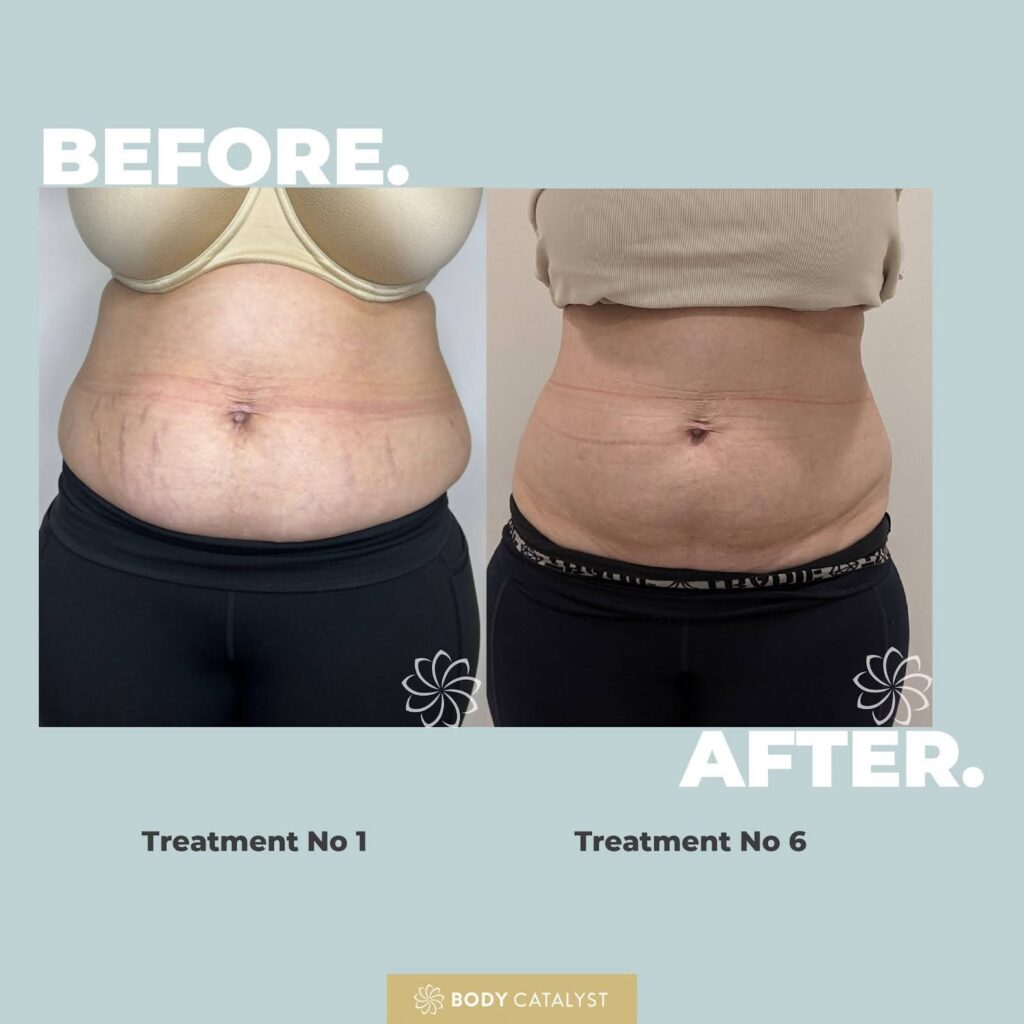
Liposuction Alternative: Is Fat Freezing the answer?
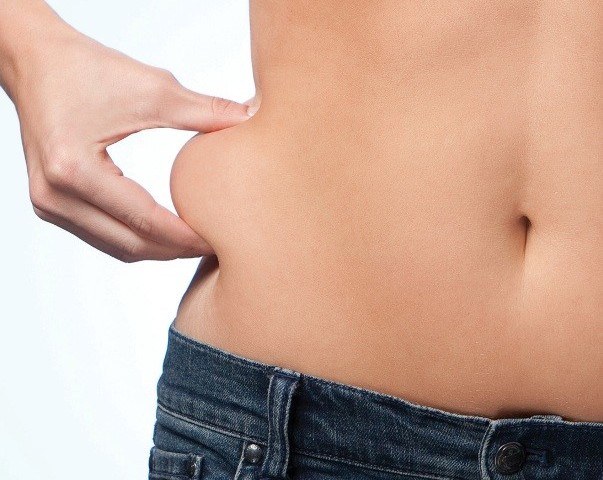
Cryolipolysis is a non-surgical fat removal procedure
No matter how much time and effort you put into exercising and eating well, there’s still a problem.
You have these little fatty pockets that you just can’t get rid of. Try as you might, they’re stubbornly sticking around. You can find them on your love handles and your inner thighs. You may have them on your abdomen or even your bra line. Exercise isn’t going to get rid of them, which means you need help.
A lot of people turn to liposuction. But that means going under the knife for a procedure that’s going to cause a lot of pain. You’ll be off your feet for several days. Plus, there’s the risk of infection to worry about. And that’s without considering the possibility of an allergic reaction to the anaesthetic.
But there’s good news.
There are body contouring treatments that offer pain-free liposuction alternatives, such as fat freezing, to get amazing results. It’s called cryolipolysis.
Non invasive liposuction alternatives provide options for fat removal without surgery, reducing potential risks and recovery time.
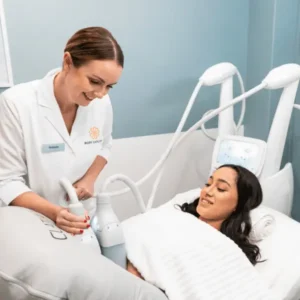
Cryolipolysis has all sorts of names. Those who’ve heard of it may have heard of Coolsculpting and the Clatuu system.
But you’re sure to have a lot of questions.
Here we’re going to tackle some of the most common questions that people have about fat freezing, starting with the biggest one.
Question #1 – Does Fat Freezing Actually Work on Stubborn Fat?
Let’s hand things over to Dr. Adrian Lim of Royal North Shore Hospital for an answer to this one.
He decided to take a closer look at the Clatuu system to see if it got the results it’s manufacturers claim to answer the question, does fat freezing work?
Dr. Lim’s study has two goals:
- Establish the efficacy of this new fat freezing device.
- Establish that it’s safe to use.
Dr. Lim collected seven patients, each of whom was eligible for consecutive treatment and available for follow-ups for 4 months. He also wanted to emulate the real-world applications of the device. That meant having each patient direct him to the target area that they wanted to treat.
He also called in outside help to ensure the fairness of his study. Dr. Lim enlisted two dermatologists to rate the effectiveness of Clatuu. Both blinded, they examined results at the baseline, 2-month, and 4-month intervals. He asked them to rate the outcomes on a 4-point scale. This ranged from 0% (no change) to >50% (marked reduction).
Dr. Lim treated a total of 13 sites across his seven patients. The technique is designed to eliminate fat cells in targeted areas.
The technique scored an average of 1.41 with the blinded dermatologists. This equated to an average weight loss of 35.2%.
Best of all, five of the seven patients expressed satisfaction at the results two months after the treatment took place. And of the two that said they saw no change, one changed their opinion after seeing before and after photos.
Dr. Lim concluded that cryolipolysis works. He also saw that it was a safe procedure that carried none of the risks of traditional liposuction.
This study highlights the effectiveness of nonsurgical fat reduction techniques.
His isn’t the only study that’s looked at fat freezing either. There are several others that all produced similar outcomes.
Simply put, it works.

Question #2 – How Does it Work?
Now that you’ve seen the results from Dr. Lim’s study, the next logical question is “how?”
Why does fat freezing help you to get rid of those fatty deposits that exercise can’t shift?
Techniques like Coolsculpting and Clatuu are both based on the same process of freezing cells.
Here’s an easy way to think of it. Think of each of the cells in your body as living things. All living things have conditions they thrive in and conditions that would kill them. A penguin wouldn’t last long in the Sahara Desert and a lion would freeze to death in the Arctic.
The same is true of your cells. Fat cells have a particular set of conditions that they need to survive. Fat freezing works by creating conditions that essentially kill your fat cells.
It makes use of a controlled cooling technique that specifically targets your excess fat cells. The fat cells freeze and crystallise. Then, they break down into even tinier pieces that enter your body’s lymphatic system. The pieces eventually find their way to your liver, which processes them. The waste gets eliminated, with the rest getting used to power your other cells.
The key here is that the fat cells get completely destroyed. This is a big difference to what happens when you diet to lose weight. Dieting leads to fat cells shrinking, but they’re still there. Fat freezing gets rid of the cells permanently, which allows you to get rid of those unsightly fatty bulges.
Having said that, it’s important to maintain a healthy diet and to exercise after the procedure. You may have permanently destroyed the existing cells. But these will get replaced if you don’t maintain your body after fat freezing.

Question #3 – How Do I Know if I’m a Good Candidate?
The important thing to note about cryolipolysis is that it’s not a solution for obesity. While it helps you to destroy fat cells, it’s intended for dealing with the smaller stubborn fat pockets and unwanted fat that can form on your body.
As a result, you can’t think of the technique in the same way as you would gastric bypass surgery. Instead, it’s more closely related to liposuction.
This means that you’re a good candidate if you’ve identified fatty bulges and unwanted fat on your body that exercise and diet won’t, such as to get rid of man boobs or love handles.
Of course, you can always speak to a consultant if you’re unsure if you’d make a good candidate.
Question #4 – How Long Does it Take?
A single treatment can last anywhere up to one hour. Your consultant will devise a treatment schedule that suits your body’s particular needs.
This is a noted reduction on the amount of time it takes to get liposuction. As a minimally invasive procedure, this treatment is extremely convenient because it’s something that you can slot into your lunch break.
You may see some minor effects during the first week or two following your treatment. After six weeks, these effects should become far more noticeable. Optimal results usually come after about 12 weeks.

Question #5 – What Does it Feel Like?
For the first few minutes of the treatment, you’ll feel an intense cooling sensation in the targeted area. Think about the feeling you get when you walk out into really cold weather, only it’s localized to a small region of your body.
The technique also makes use of a vacuum system. This means you may feel some light pulling on your skin. This is not a painful experience though.
After about ten minutes, the treatment area will go numb, which means you won’t feel a thing for the rest of the session. Once the treatment ends, your practitioner will massage the area until you feel a tingling sensation. Full feeling will return soon after.
The key here is that fat freezing is a pain-free, non-invasive procedure. You’ll feel some strange sensations, especially during the early portion of your treatment. But they won’t hurt. And they certainly don’t leave you feeling pain when you walk away from the treatment.
Question #6 – How Long Will I Spend Recovering?
You won’t spend any time at all recovering.
Non surgical fat reduction is a safe and effective alternative to traditional liposuction, offering a minimally invasive approach with techniques such as cryolipolysis and ultrasound. Once you leave the treatment room, you can go about your day as you normally would have. You can drive yourself home and not have to worry about a thing.
There’s no anaesthetic involved and no stitches to take care of. Patients often head back to work after getting the procedure done.
Question #7 – Are All Fat Freezing Devices the Same?
All fat freezing devices use cryolipolysis to freeze and destroy fat cells as a non surgical fat removal alternative to traditional liposuction.
However, not all devices offer the same level of effectiveness.
Currently, there are only three that are listed on the Australian Register of Therapeutic Goods (ARTG):
- Coolsculpting
- Cooltech
- Clatuu
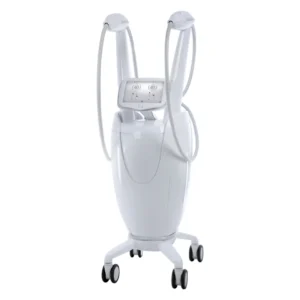
Though Coolsculpting is perhaps the most well-known device, it’s not the most effective. That honour belongs to the Clatuu device. Clatuu also features dual applicators, which means you can treat two areas at the same time.
Question #8 – Do I Need to Follow a Healthy Diet Afterwards?
Not necessarily. If you already eat healthily and exercise, then you don’t need to change your habits. The procedure just gets rid of the fatty pockets that this routine couldn’t do anything about. Maintaining a healthy lifestyle, which includes a balanced diet, regular exercise, and stress management, is crucial for achieving and retaining the desired results from non-invasive fat reduction procedures.
Most people find that sticking to a regular diet allows them to maintain their results. Those who do put on weight again thanks to the diet usually find that the fat spreads more evenly around the body.
It’s also important to note that you’re not required to take any supplements as part of your treatment.
The Final World
Dr. Lim’s study shows that fat freezing works. Both his patients and two other dermatologists agreed that it got results from the liposuction alternative treatment.
So, why are you still considering liposuction?
There’s a pain-free procedure available to you that’s more convenient and less risky than liposuction. Liposuction alternatives, such as CoolSculpting and laser-lipo, offer effective and safe options for body contouring without invasive surgery. And after reading this, you know everything that you need to know about how it works.
All that’s left is to book an appointment with a Body Catalyst therapist.
Arrange your consultation today to discuss what you want to achieve.
References:
https://www.bodycatalyst.com.au/wp-content/uploads/documents/BodyCatalyst-Clatuu-Clinical-Study.pdf
https://www.newbeauty.com/hottopic/blogpost/8434-coolsculpting-facts/
https://www.bodycatalyst.com.au/technology/cryolipolysis-fat-freezing/




